Our philosophy
“If there’s one thing I’ve learned in recent years, it’s that it’s not enough to show solidarity with our fellow human beings; we must also act justly towards nature.
The safety and protection of individuals within our social system can only be guaranteed if we use natural resources in a way that ensures all human beings have access to healthy and sufficient food in the long term.
This will only be possible through organic farming, as raw materials are becoming scarcer and the negative impact on the environment keeps worsening.”
— Greg Colling
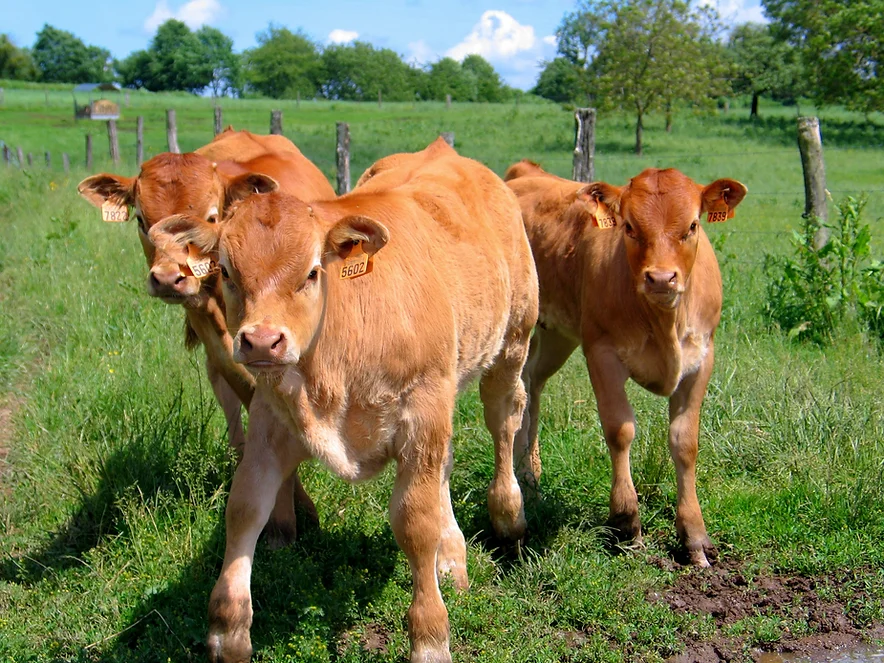
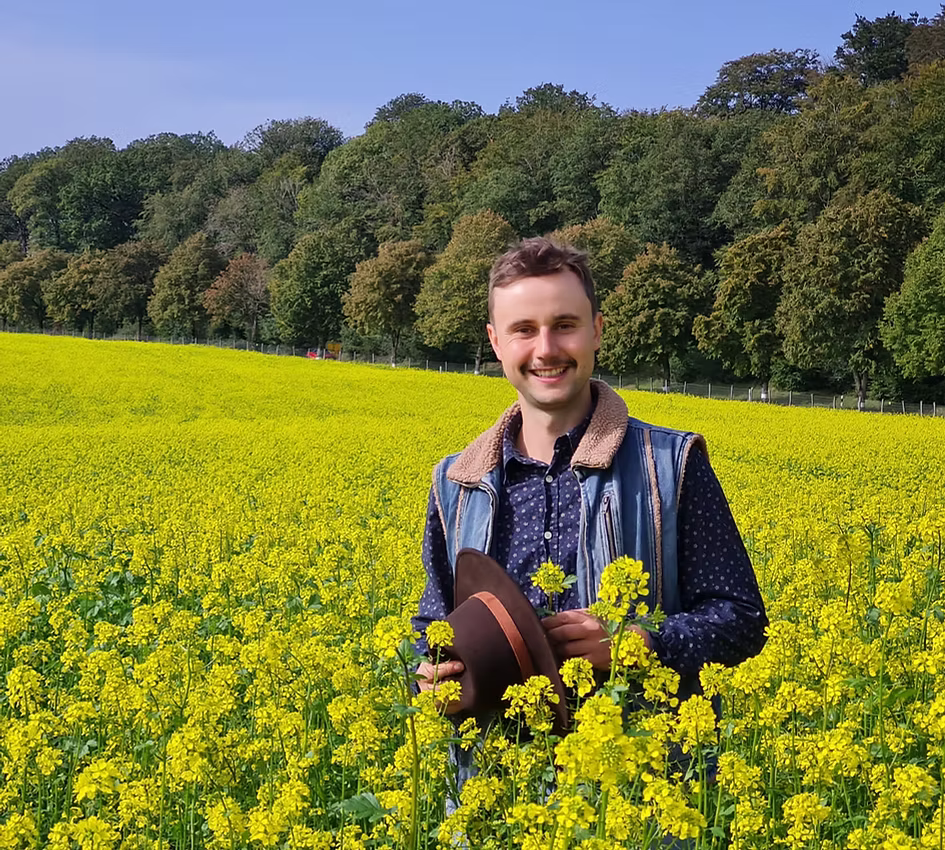
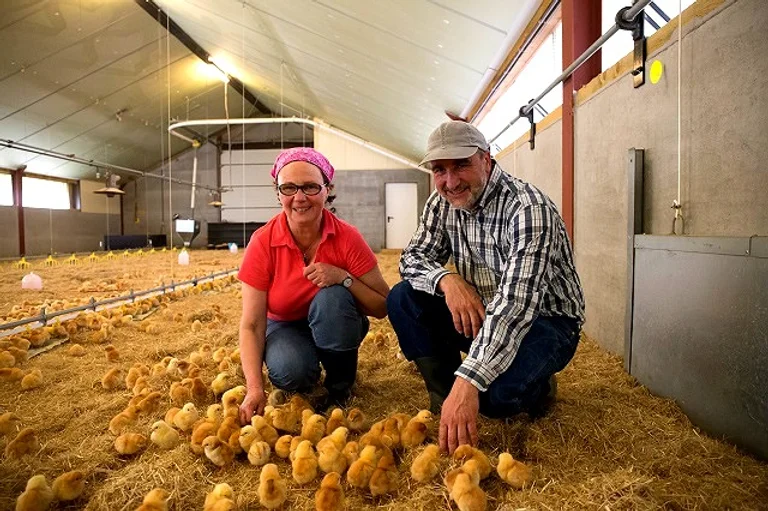
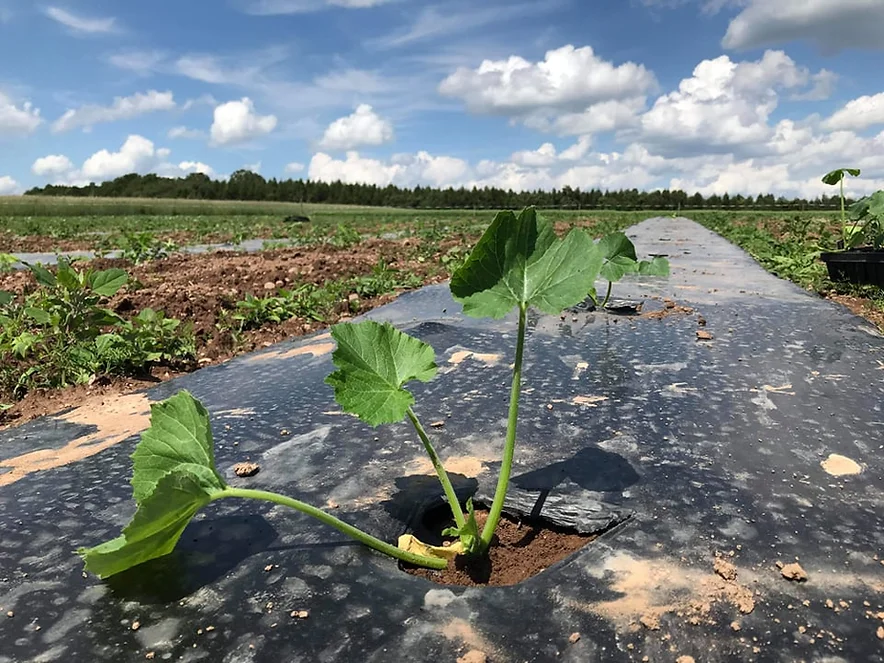
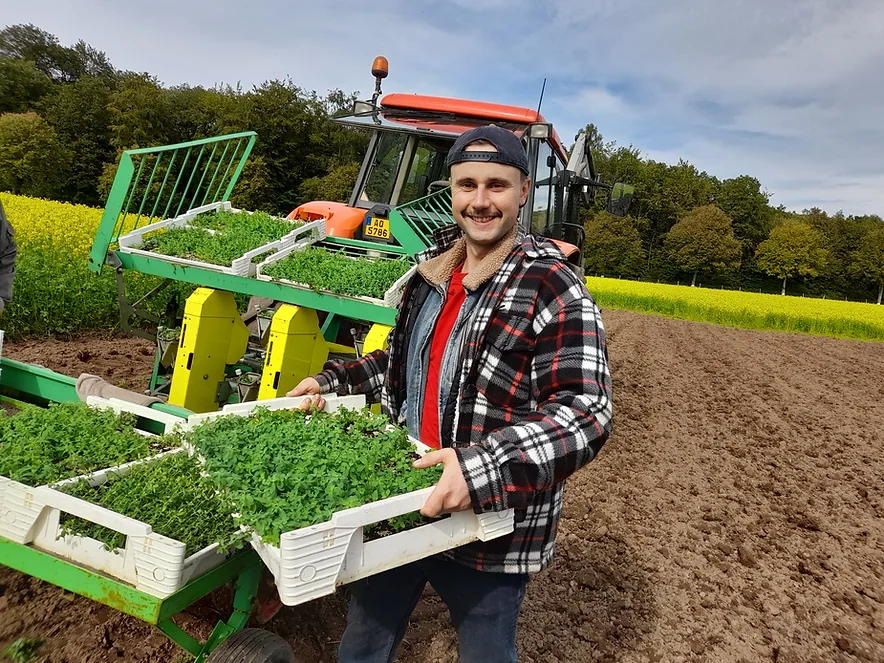
Organic agriculture
Organic farming refers to a sustainable agricultural system where environmental protection and animal welfare are top priorities.
This farming method is based on several core principles: the prohibition of synthetic chemicals (fertilizers, pesticides), recycling of organic matter, crop rotation, and biological pest control.
Animals are raised extensively, in conditions suited to their species, and are mainly fed organic feed produced on the farm. In case of illness, natural therapies are preferred.
During food processing, the use of synthetic additives such as flavor enhancers, colorings, or preservatives is forbidden. Likewise, irradiating food with ionizing radiation for sterilization or extended shelf life, as well as the use of genetically modified organisms (GMOs), is strictly prohibited.
Throughout the entire production chain — from field to shelf — organic products are subject to strict controls defined by the European regulation on organic farming.
At least once a year, economic operators (producers, processors, distributors, importers) are inspected by a private control body accredited by the Ministry of Agriculture, Food, and Viticulture.
If compliant, a certification decision is issued to the farm or company. In case of violations, depending on the severity, the operator may lose their organic certificate and the right to market their products as “organic.”
The use of terms like “organic” or “ecological,” as well as abbreviations like “bio” or “eco,” is strictly reserved for agricultural products that meet the requirements of the European regulation on organic farming.
If a product uses one of these terms in its commercial name, at least 95% of its agricultural ingredients must be organic. Otherwise, the “organic” mention may only appear in the ingredient list.
Finally, the mandatory display of the control body’s identification number on the packaging guarantees the authenticity of the organic product to the consumer. This identification takes the following form:
- LU-BIO-xx
- DE-xxx-Öko-Kontrollstelle
Since July 1, 2010, the use of the European organic logo on labels is mandatory, along with the indication of the geographical origin of the ingredients (country of origin or the mentions “EU Agriculture” / “Non-EU Agriculture”).

